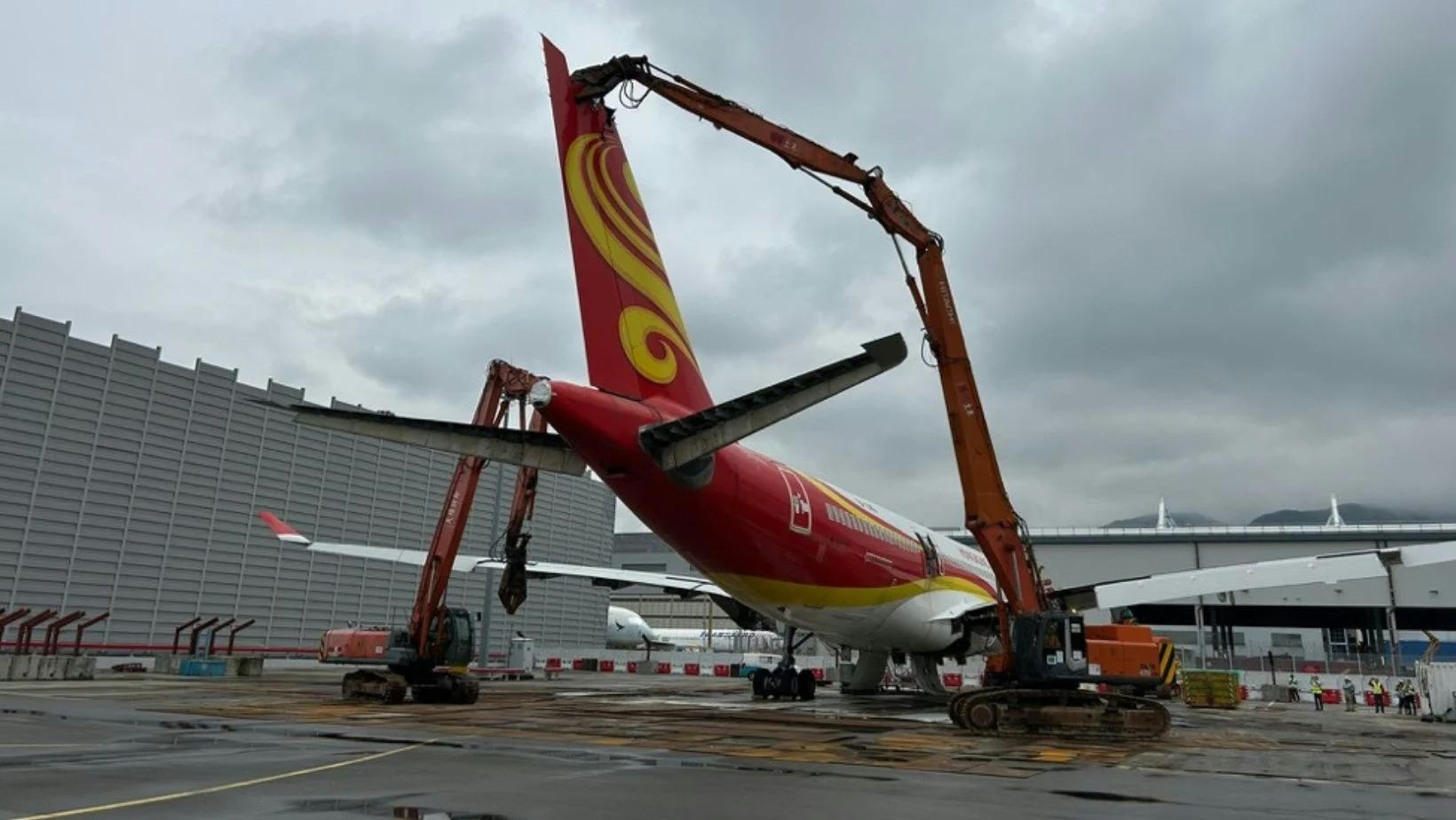
Smarter email, faster business.
Trending
PM Modi Calls for Recognizing India as a Leader in the Aviation Value Chain
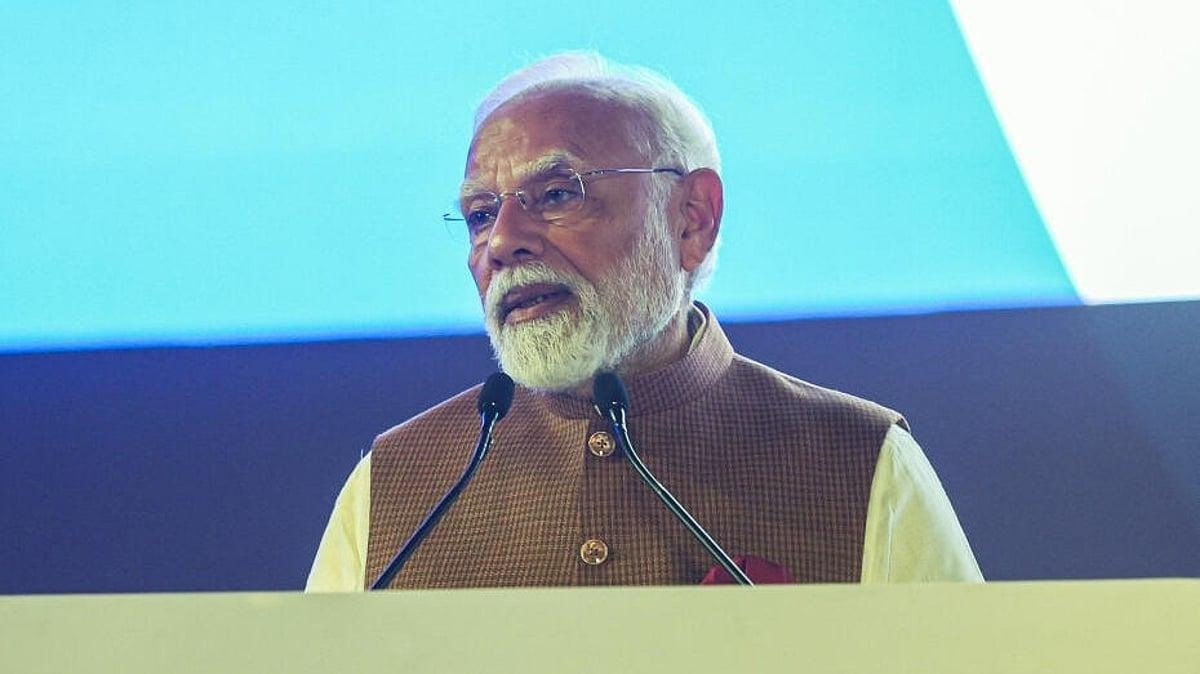
PM Modi Advocates for India’s Leadership Role in the Global Aviation Value Chain
At the International Air Transport Association’s (IATA) annual general meeting held in Delhi, Prime Minister Narendra Modi urged global aviation leaders to reconsider their perception of India’s aviation sector. He emphasized that India should not be viewed merely as a large consumer market but recognized as an emerging leader across the entire aviation value chain.
Driving Growth Through Reforms and Innovation
Modi attributed the rapid advancement of India’s aviation industry to a series of recent reforms. He highlighted the introduction of the Indian Aircraft Act, which harmonizes national regulations with international standards and streamlines the tax framework, thereby enhancing the country’s appeal to foreign investors. Modi called on global aviation companies to deepen their engagement in India by not only manufacturing but also designing aircraft domestically, signaling the nation’s ambition to become a global hub for aviation manufacturing and innovation.
Expanding MRO and Aircraft Leasing Capabilities
A significant portion of Modi’s address focused on the maintenance, repair, and overhaul (MRO) sector, which he described as a “sunrise” industry with substantial growth potential. India aims to develop a $4-billion MRO hub by 2030, building on the expansion of MRO facilities from 96 in 2014 to 154 currently. The government’s policies, including allowing 100 percent foreign direct investment through the automatic route, reductions in the Goods and Services Tax (GST), and tax rationalization measures, have invigorated this sector.
In addition, Modi pointed to legislative reforms and incentives designed to attract global aircraft leasing companies, positioning India as a prospective regional hub for aircraft financing. These initiatives are intended to strengthen the country’s role in the broader aviation ecosystem.
Market Expansion and Strategic Partnerships
India has emerged as the world’s third-largest and fastest-growing major aviation market. Leading global manufacturers such as Airbus and Boeing now source billions of dollars in components and services from Indian firms. Modi projected that the sector’s expansion would extend beyond national borders, fostering sustainability, green mobility, and equitable access to air travel worldwide.
He outlined three foundational pillars supporting India’s aviation strategy: a large and rapidly growing domestic market, a robust demographic advantage with a skilled workforce in areas like artificial intelligence and clean energy, and an open, facilitative policy environment. These factors, Modi asserted, position India’s aviation sector for unprecedented growth. He cited double-digit growth rates among Indian airlines, with passenger numbers expected to rise from 240 million to 500 million by 2030, while air cargo volumes are projected to nearly triple to 10 million tonnes within the same period.
Challenges Amidst a Competitive Global Landscape
Despite these optimistic projections, India’s aviation industry faces considerable challenges. High fuel prices and intense competition continue to strain airline profitability. Industry reactions to Modi’s vision have been mixed, with some experts expressing caution regarding the feasibility and speed of the anticipated growth. Furthermore, global competitors are likely to bolster their own market positions, potentially intensifying the contest for investment and skilled talent.
Future Prospects: Integrating Space and Aviation
In closing, Modi articulated India’s aspirations to lead in the convergence of space and aviation sectors, including the commercialization of space flights and their integration into civil aviation frameworks. While acknowledging that these developments will require time, his vision underscores the expansive and dynamic nature of India’s ambitions in aviation.
As India endeavors to transcend its traditional role as a market, its evolving policies and strategic initiatives aim to establish the country as a pivotal player in the global aviation value chain, even as significant challenges remain.

Yingling Aviation Named Authorized Honeywell Dealer
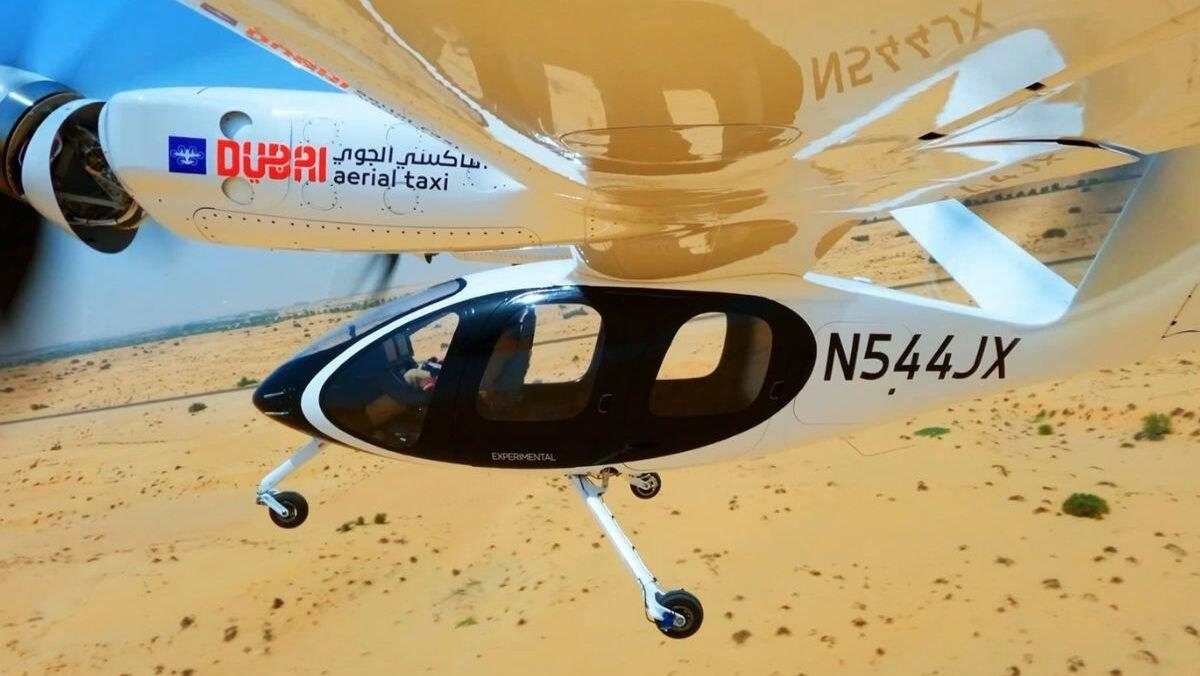
Does Joby Aviation's Milestone in Dubai Point Toward Further Growth?
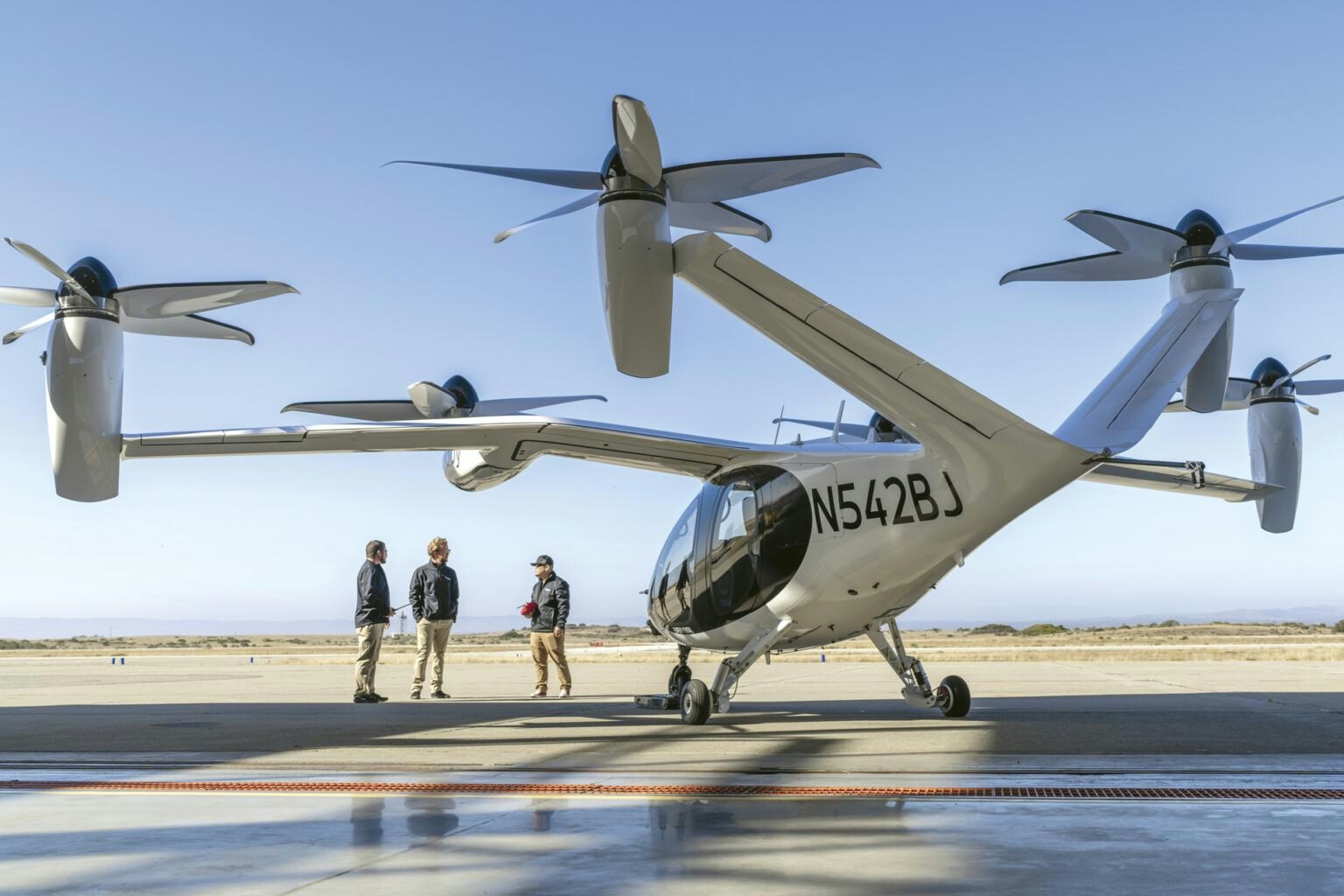
New Invention Promises to Eliminate Airplane Emissions in Country
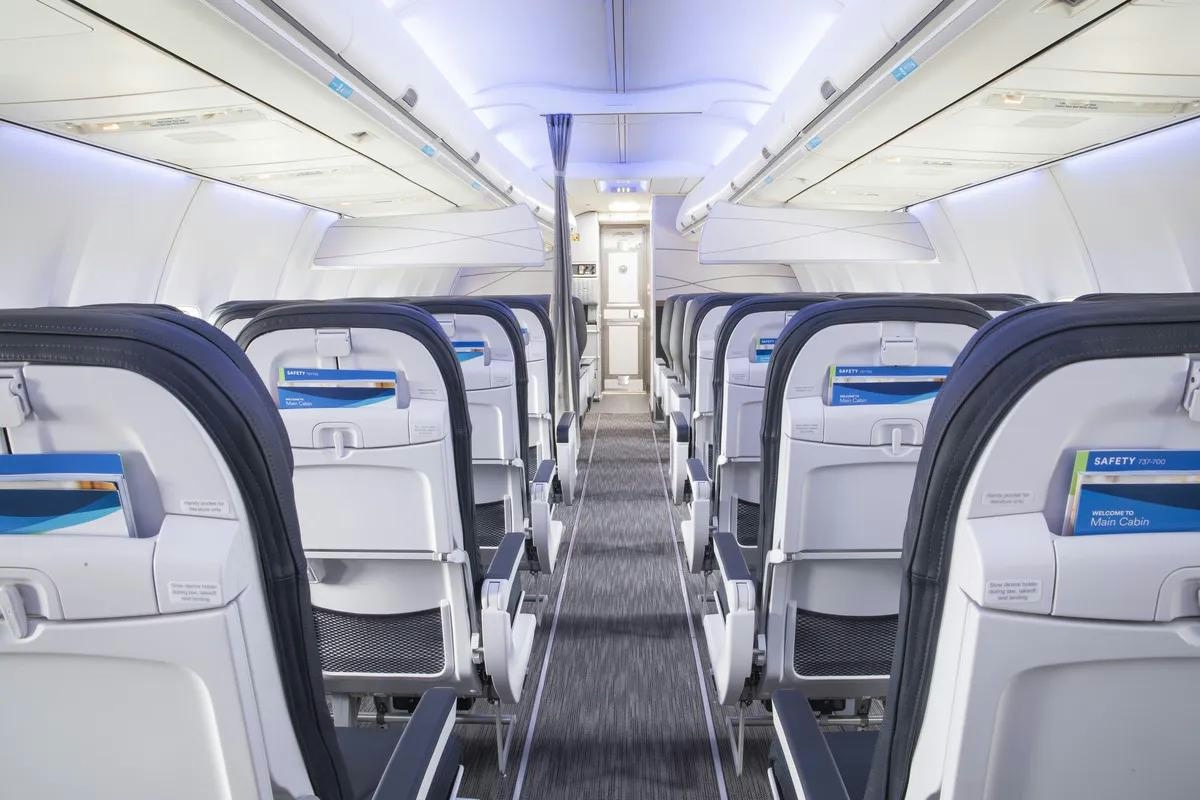
Key Questions on Chinese Travel, AI, and Airlines Answered by Skift
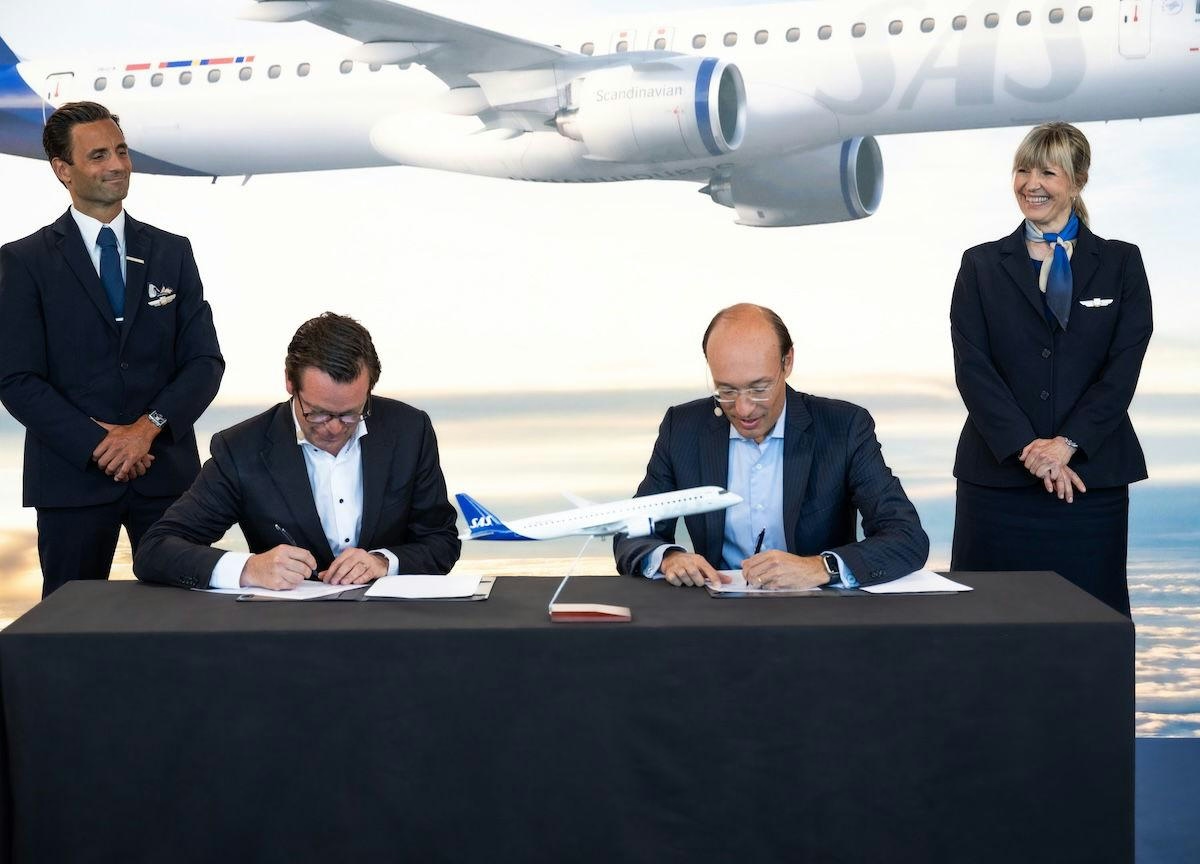
SAS Orders Up to 55 Embraer E195-E2 Jets
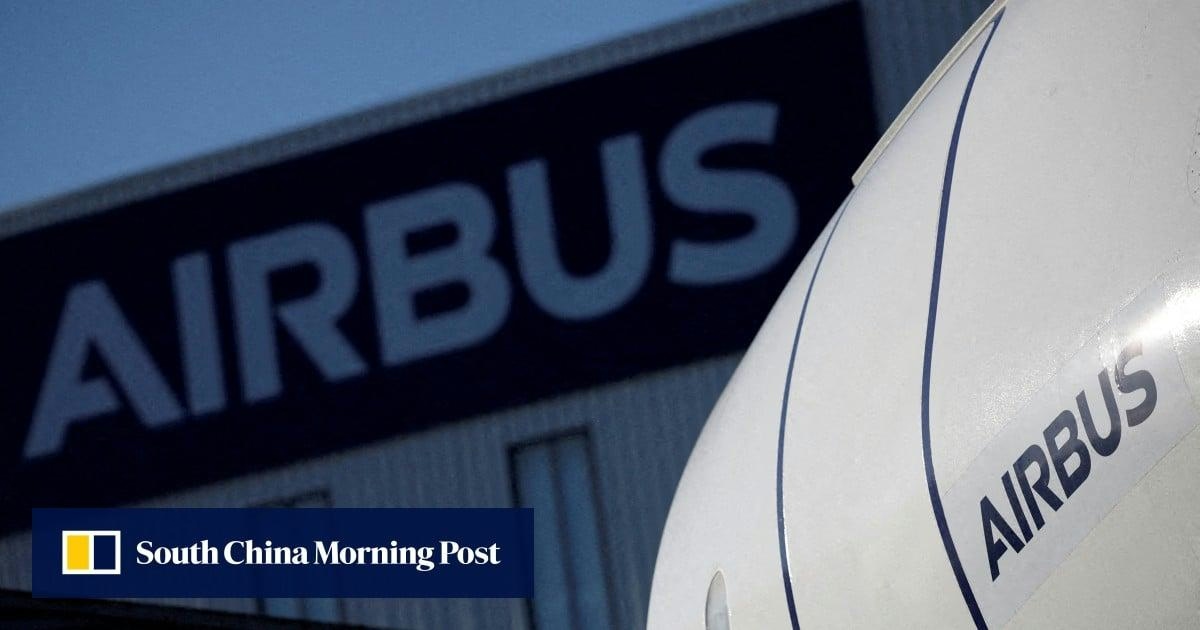
China edges closer to Airbus mega-deal, leaving Boeing out in the cold: analysts
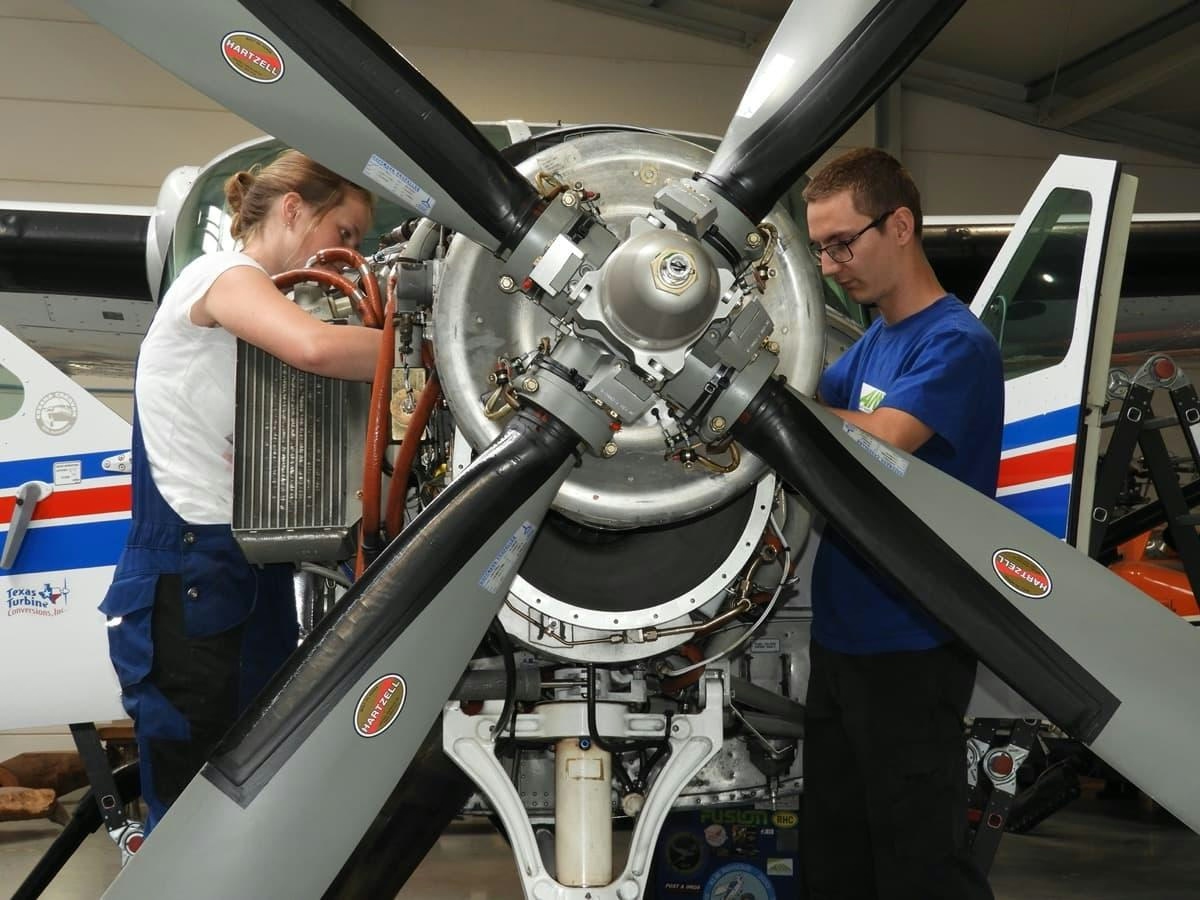
Rano Air Collaborates with Aviation Authorities to Investigate In-Flight Engine Malfunction

Portugal Hosts Aviation Pioneers at World Aviation Festival in Lisbon

World Star Aviation Backs XMAL’s First Lease Deal with easyJet
